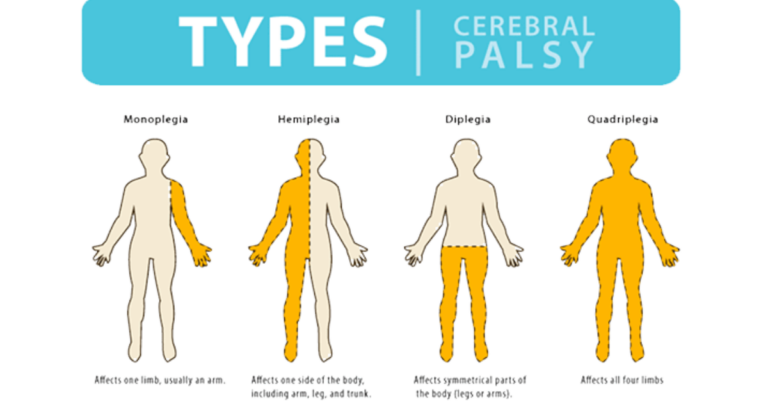The Impact of Big Data on Personalized Medicine
Personalized medicine has garnered significant attention in the medical field due to its potential to revolutionize patient care. However, one major challenge in implementing personalized medicine is the high cost associated with developing and implementing personalized treatment plans. This cost includes not only the genomic testing required to identify personalized treatment options but also the development of customized therapies based on individual genetic profiles.
Another obstacle to the widespread adoption of personalized medicine is the complexity of interpreting and applying genomic sequencing data. Genomic data is vast and intricate, requiring specialized knowledge and technology to analyze and translate into actionable treatment strategies. Additionally, the lack of standardized guidelines and regulations for incorporating genomic data into clinical practice poses a barrier to the seamless integration of personalized medicine into traditional healthcare systems.
Advancements in Genomic Sequencing
Genomic sequencing has witnessed remarkable advancements in recent years, revolutionizing the field of personalized medicine. The ability to analyze an individual’s genetic makeup with precision and speed has opened doors to more targeted and effective treatment options for various diseases. This technology has allowed researchers and healthcare professionals to delve deeper into the genetic blueprints of patients, enabling them to tailor interventions based on the specific genetic variations present.
One significant breakthrough in genomic sequencing is the development of high-throughput sequencing techniques, also known as next-generation sequencing (NGS). NGS has dramatically increased the speed and efficiency of sequencing, making it possible to analyze large volumes of genetic data in a fraction of the time it once took. This has paved the way for more comprehensive genetic testing, allowing for a more thorough understanding of an individual’s genetic predispositions and potential risks for certain diseases. As genomic sequencing continues to evolve, its potential to drive personalized medicine forward remains promising and transformative.
What are some of the challenges in implementing personalized medicine?
Some challenges in implementing personalized medicine include the high cost of genomic sequencing, interpreting and analyzing large amounts of data, ensuring patient privacy and data security, and integrating genetic information into clinical practice.
What are some of the recent advancements in genomic sequencing?
Some recent advancements in genomic sequencing include the development of next-generation sequencing technologies, which allow for faster and more cost-effective sequencing of large genomes. Additionally, there have been advancements in bioinformatics tools and analytics that help researchers better interpret and understand genetic data.
How can genomic sequencing benefit personalized medicine?
Genomic sequencing can provide valuable insights into an individual’s genetic makeup, allowing for more personalized and targeted treatment plans. By understanding a patient’s genetic profile, healthcare providers can tailor treatments to the specific needs of that individual, leading to more effective and personalized care.







